MRSA
MRSA stands for methicillin-resistant Staphylococcus aureus. Under the normal circumstances, bacterial infections can be cured with antibiotic medications. S. aureus is a bacterium resistant to antibiotics and present in almost 1/3 of the population. This should not cause the alarm, since the bacterium is harmless until it enters the skin and causes infection. The infection itself might be superficial, looking like an inflamed hair follicle or cause redness, pain and oozing. In some cases, infections might be quite serious.
Bear in mind that the MRSA infections may become life threat. Redness, inflammation and hot and painful boils or cuts, especially if they are associated with fever, should be the reason to consult the doctor and look for urgent medical help.

Prevent MRSA
Doctors suggest washing the hand often during the day. Also, sharing personal cosmetic items is not a good idea. So, always make sure that you are the only person who uses the razor, soap and towels.
Bacteria need damp conditions for the development, so after the exercise and shower always dry your body completely. If you cut yourself, clean the area to avoid possible infection. Covering the cut might also be a way to prevent inflammation and infection.
Homeopathic Remedies for MRSA
The homeopathic treatment is prescribed according to the symptoms of each individual patient. Homeopathic remedies work by treating the condition with the smallest particles of the substances associated with the patients’ symptoms. Although, these remedies are usually safe for the patients, it is advisable to consult the educated homeopathic practitioner, to find the remedy suitable for your symptoms. Homeopathic treatment could cure the problems with MRSA, but if this doesn’t happen, or you develop a fever and pain of the infected spot, you must seek for medical help.
The most common homeopathic treatment for MRSA may include: aconitum, belladonna and pulsatilla remedies.
Aconitum is sometimes known as the homeopathic equivalent of vitamin C, since it is proven to be helpful in all kinds of the infection, including MRSA.
Belladonna remedy is used in homeopathic doses (extremely small doses) to cure the red skin, often associated with the infections.
Pulsatilla is a homeopathic remedy especially recommended for women and children.
- Treatment of MRSA with combination of Bell 6 CH and 30 CH or nosode 30CH and 16, 8, 4 and 2 mg/mL of oxacillin induced significant decrease of bacterial growth. The results showed that combination Bell or nosode with antibiotic induced increased inhibition of the bacterial growth than homeopathic medicine alone.
- The results demonstrate that Silicea 6 CH and Hepar sulfur 30 CH can inhibit the in vitro MRSA growth. The combination of these medicines with oxacillin antibiotic did not show influence on the in vitro bacterial growth. We suggest that only Belladonna and the MRSA nosode have the ability to make the bacterial more susceptible to the antibiotic action.
- Assessing the activity of the different potencies on in vitro bacterial growth, we observed that 12 CH potency did not show action on the cultures. This demonstrates that living cells respond differently to different homeopathic potencies, than suggesting that a further kinetic study may be appropriate.
Natural Remedies for MRSA
The natural treatments recommended for MRSA are essential oils, such as tea tree oil or lavender oil, black drawing salve, bentonite clay, ichthammol ointment and extract of the olive leaf. Some specialists advise washing the infected area with hydrogen peroxide and then applying the bentonite clay.


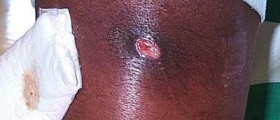
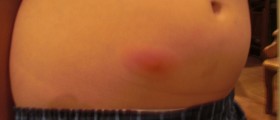

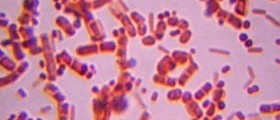
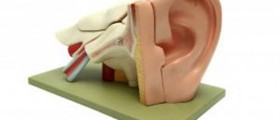

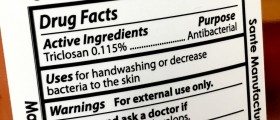
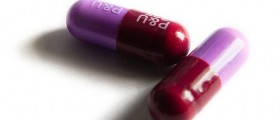
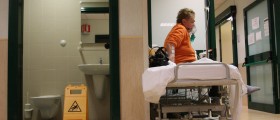
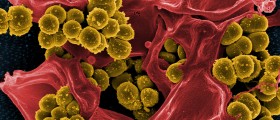



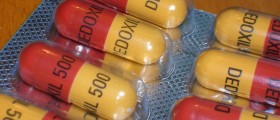
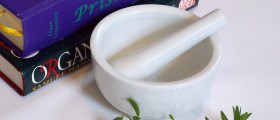
Your thoughts on this
Loading...